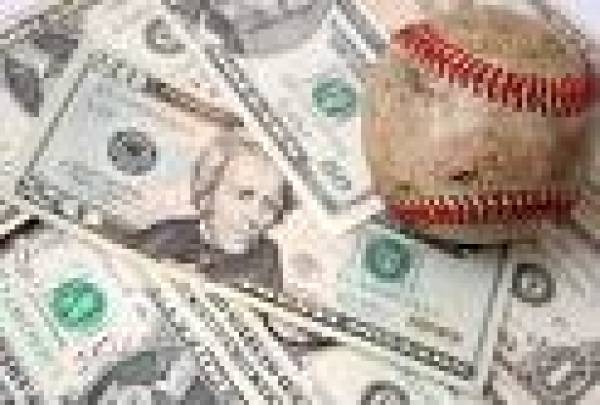Delaware Appeals Sports Betting Restrictions

DOVER, Del. (AP) - The state of Delaware on Wednesday appealed restrictions on its sports betting lottery to the U.S. Supreme Court, arguing a lower court overstepped its authority by limiting the scope of the betting.
In a 106-page court filing, attorneys for the state asked the court to review a ruling by a federal appeals court in Philadelphia that limits sports betting in Delaware to multi-game, or parlay, bets on professional football.
Attorneys for the state argued that the appellate court ruling is "the product of several legal errors." The Supreme Court accepts only a small fraction of cases presented for appeal.
In an effort to boost revenues, Gov. Jack Markell last year pushed for the revival of sports betting in Delaware, one of only four states exempted from a 1992 federal ban on sports betting. Delaware received a grandfathered exemption by virtue of a failed 1976 lottery that featured parlay bets on National Football League games.
Delaware officials planned to offer single-game bets on a variety of professional and amateur events in the new sports lottery, but the 3rd U.S. Circuit Court of Appeals stunned state officials when it ruled that the state's lottery must be restricted to a scheme similar to that of the 1976 lottery, namely multi-game wagers on professional football.
"By this petition, the state of Delaware seeks to vindicate its traditional and fundamental right to raise revenues in the manner it deems fit in a time of fiscal crisis," attorneys for the state wrote in Wednesday's filing.
The appeals court ruling came in a lawsuit filed by the professional sports leagues and the National Collegiate Athletic Association, which claimed Delaware's plan to offer betting on several sports violated the federal Professional and Amateur Sports Protection Act.
The appeals court heard almost two hours of argument in August regarding the leagues' request for an injunction that would have prevented the start of betting with the opening of the NFL season in September.
But instead of ruling on the injunction, the appeals court turned directly to the league's claim that Delaware's sports betting proposal would violate the federal ban.
In doing so, attorneys for the state argue, the appeals court overstepped its bounds, misread the federal law and its legislative history, and failed to give the state a chance to defend its position.
"This case is a poster child for the proposition that federal appeals courts should rarely convert a preliminary injunction appeal to a merits appeal," they wrote.
Delaware's three slot-machine casinos, which were granted exclusive authority by the state to operate sports books, agreed to pay up to $50,000 in legal fees for filing of the state's petition to the Supreme Court.
Ken Nachbar, an attorney who represented the sports leagues in the lawsuit, did not immediately return a telephone message Wednesday. He had previously declined to comment on the state's decision to appeal to the Supreme Court.













